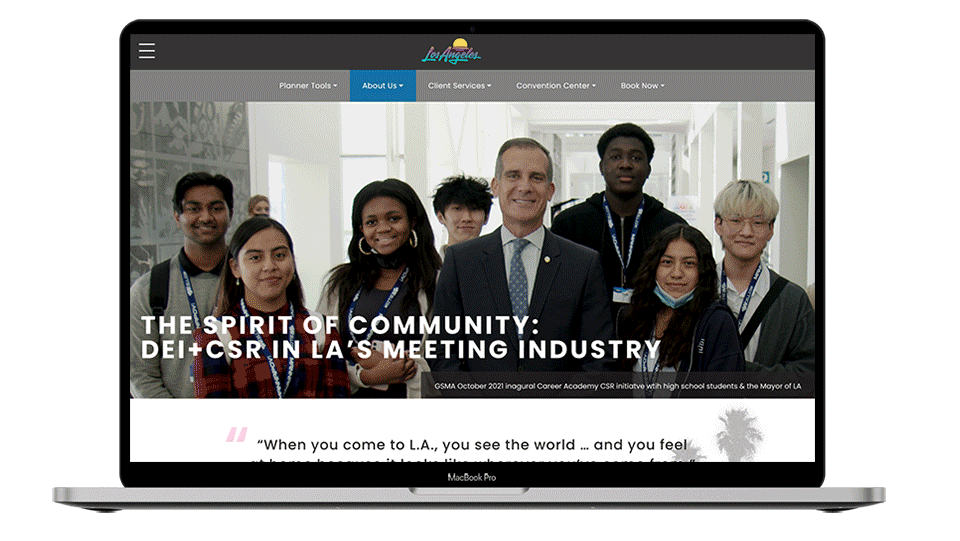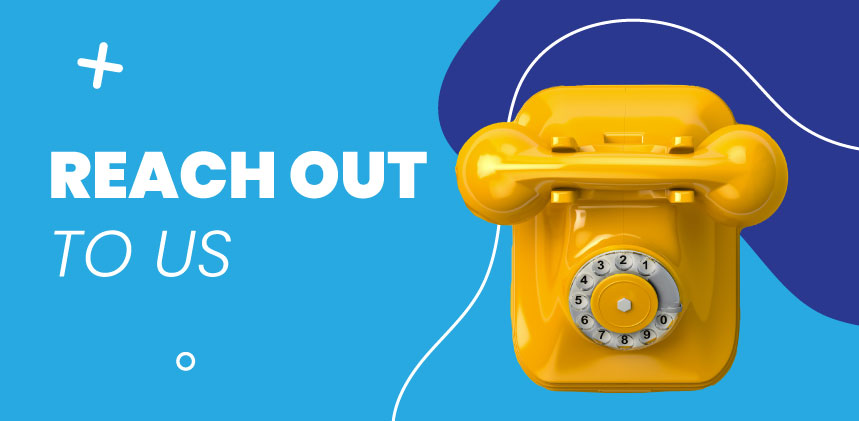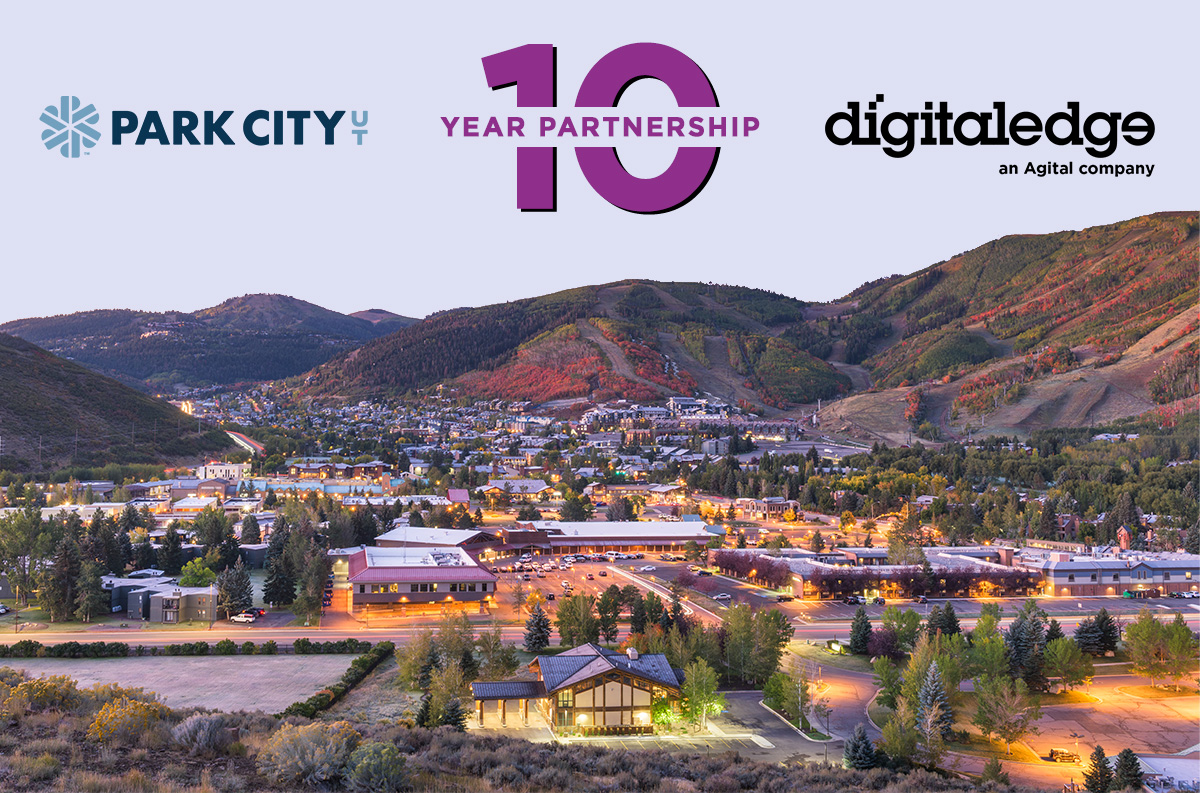Your unique value proposition (UVP) is the primary reason a prospect should buy your product or service. It’s not a slogan or catchphrase, but a promise of value to be delivered. Your team and your destination are not all things to everyone, and that is what is valuable.
Your UVP should determine the very business you are in, which customers you seek, why your destination is unique and what your destination organization will do to improve their experiences in return for their business.
If you’re a destination organization, meetings and conventions are one of your target markets. Here are a couple questions to consider:
- Has your organization created a value proposition for this market segment?
- Have you looked at the ads or landing pages targeting this group?
- Do the benefits of your destination make it a standout from others?
Most use some variation of “accessible” or “close to air service” to describe the location. While these are features of your destination, the benefit would be that meeting planners are saving time and money by choosing your destination. Although that is a great benefit, is it a benefit that makes your destination unique?
- Are you the only location in the world that has a certain activity or iconic institution?
- Have you won awards for your location?
- Why do your clients come back year after year?
It’s your job to hit people in the head with what makes you different and worth their attention.
Applying This to Your Destination
Elements of a good value proposition
Crafting a value proposition can be intimidating because you’re trying to state what differentiates your product/service from your competitors, ideally in 10 words or less. It calls for substantial reflection on what is unique about your destination and services.
It is clear and believable.
It avoids hype, superlatives and business jargon. It can be read and understood in about 5 seconds.
It communicates concrete results.
Without proof, your value proposition gets lost in the digital clutter.
It differentiates you from your competitors.
When people understand why they should buy your product instead of any other, they’ll do it. Focus on the benefits as opposed to the features. Customers care more about what they get by using your product/service.

Test your value proposition.
You can evaluate your current value proposition by checking whether it answers these four questions:
- What product or service is your company selling?
- What is the end benefit of using it?
- Who is your target customer for this product or service?
- What makes your offering unique and different?
The best way to test the effectiveness of possible value propositions is through split A/B testing. If you don’t have the resources to conduct A/B testing, create several variations of the messaging and measure the success metrics of each.
Why is a value proposition important in destination marketing?
Many destinations market their locations by showcasing a pretty image with creative copy, but what is that ad actually telling consumers? How does your message stand out from every other destination?
Vrbo’s “Only Your People” video ad creatively positioned a benefit that sets the booking platform apart from some of their competitors.
Hector Muelas, the senior vice president of global creative at Expedia Group, summed it up stating the “creative campaign spotlights why so many travelers prefer booking their vacations with Vrbo—because Vrbo guests always get the whole place to themselves,”
The message is clear, concise and a UVP. Now, how can you apply this concept to meeting planners?
What do meeting planners consider a unique benefit?
Meeting planners are looking for destination organizations to provide intellectual and innovative resources that would benefit their industry or time in your destination.

Take Los Angeles, for example:
Los Angeles is an example of how awareness around the city’s corporate social responsibility (CSR) initiatives and forefronted DEI values actually allow planners to tap into one of their UVPs.
The LA Career Academy gives students in historically underserved areas of the region the chance to visit the Convention Center during a convention or event and engage with national and global leaders from diverse industries. These leaders, like several of the students, may have taken unconventional paths to reach their positions.
The LACC Career Academy is unique to this destination. It can only be experienced in Los Angeles, and it’s an initiative that sets out to provide representation for the community and improve the experience of a group meeting in Los Angeles.

Here’s another example from the medical meetings industry:
Medical meeting planners are searching for destinations near top-tier medical institutions that they can tap into for event speakers, sponsors, exhibitors and tours. By having access to local experts, a unique and value-added benefit would be not having to pay to fly speakers across the country or offering tours of the medical facility to provide an enhanced experience for the attendees. This is a unique benefit that meeting planners want and one you may want to consider highlighting in your value proposition.
It’s your turn!
Craft your value proposition so meeting and event planners understand the value of choosing your destination.
If you need help, that’s where we come in.





